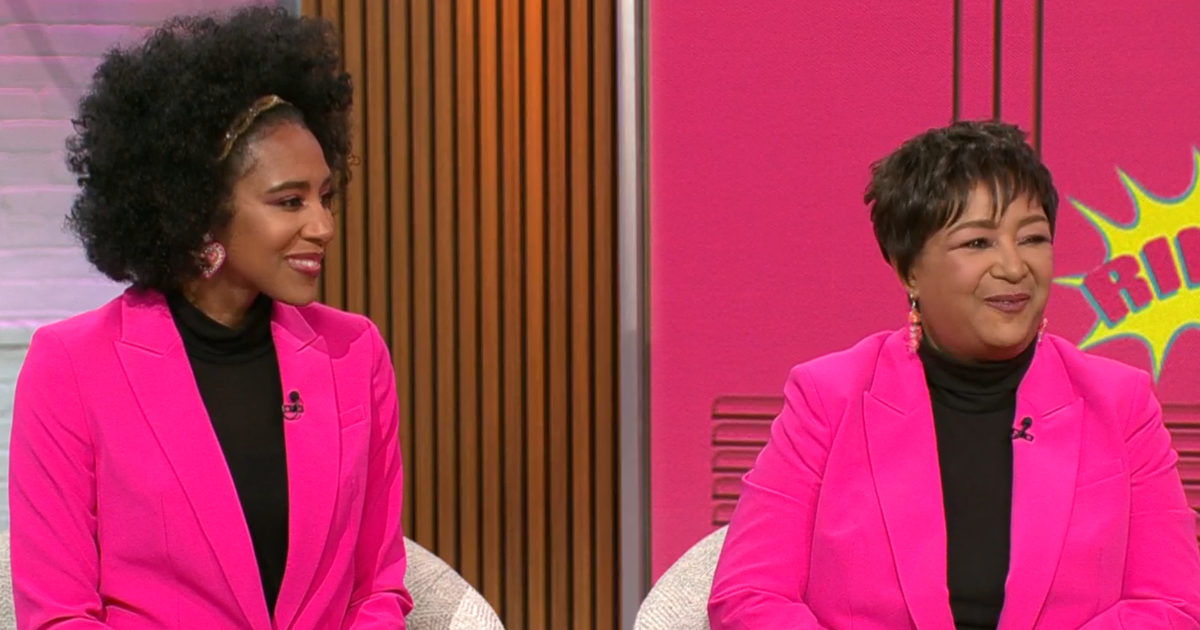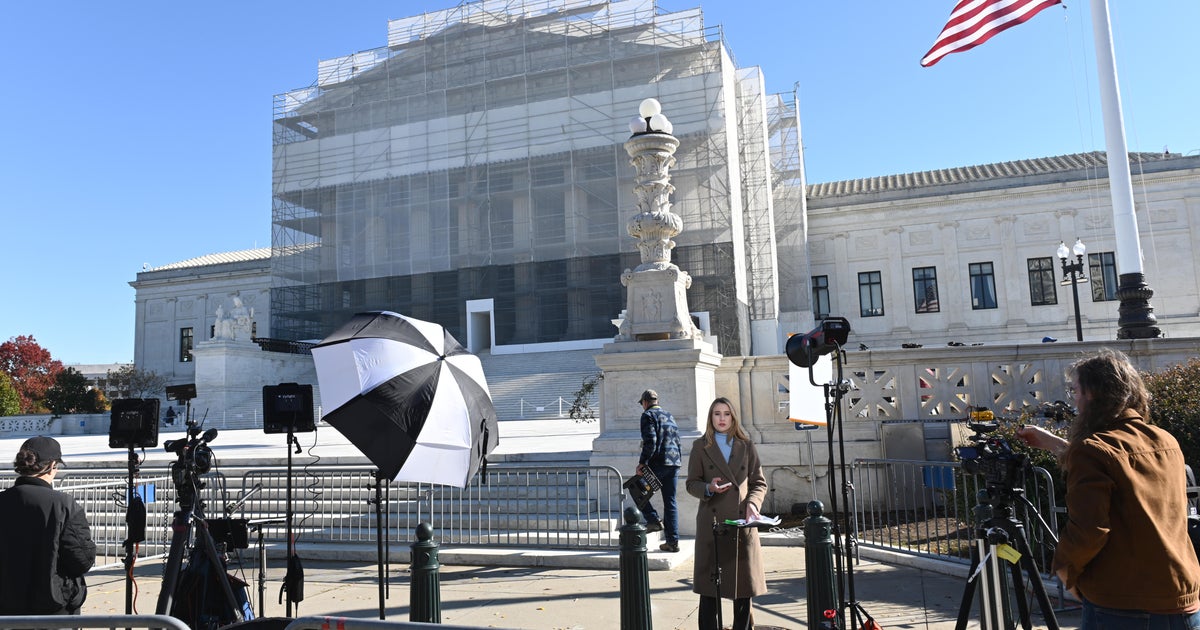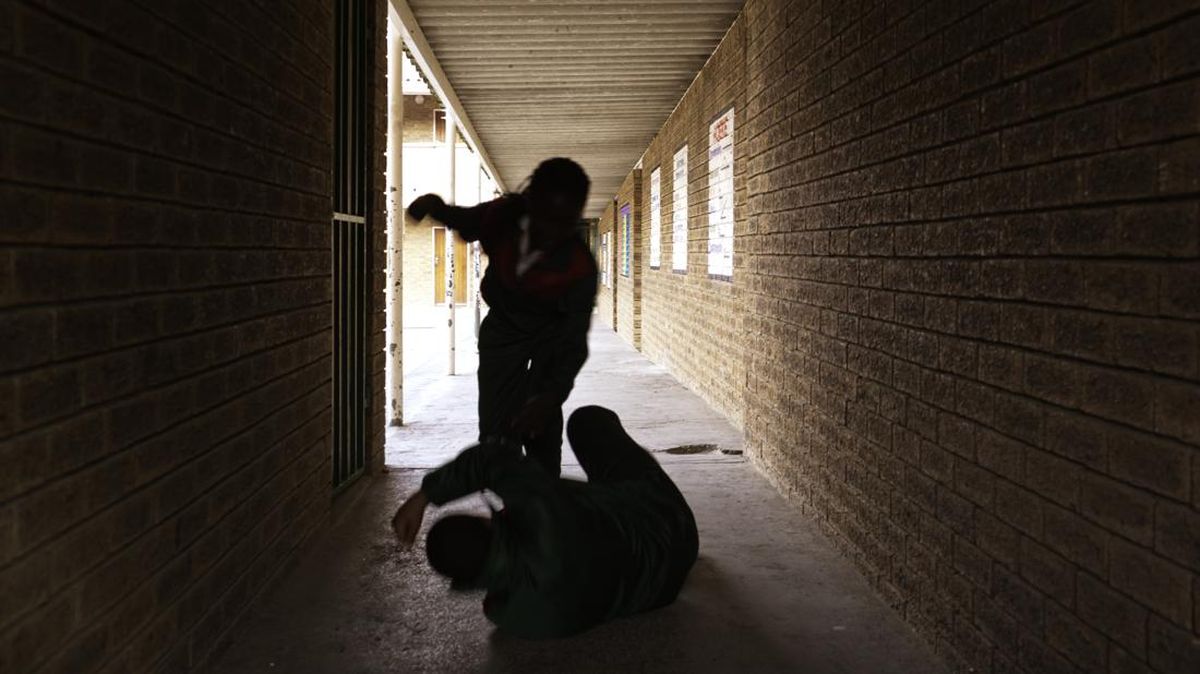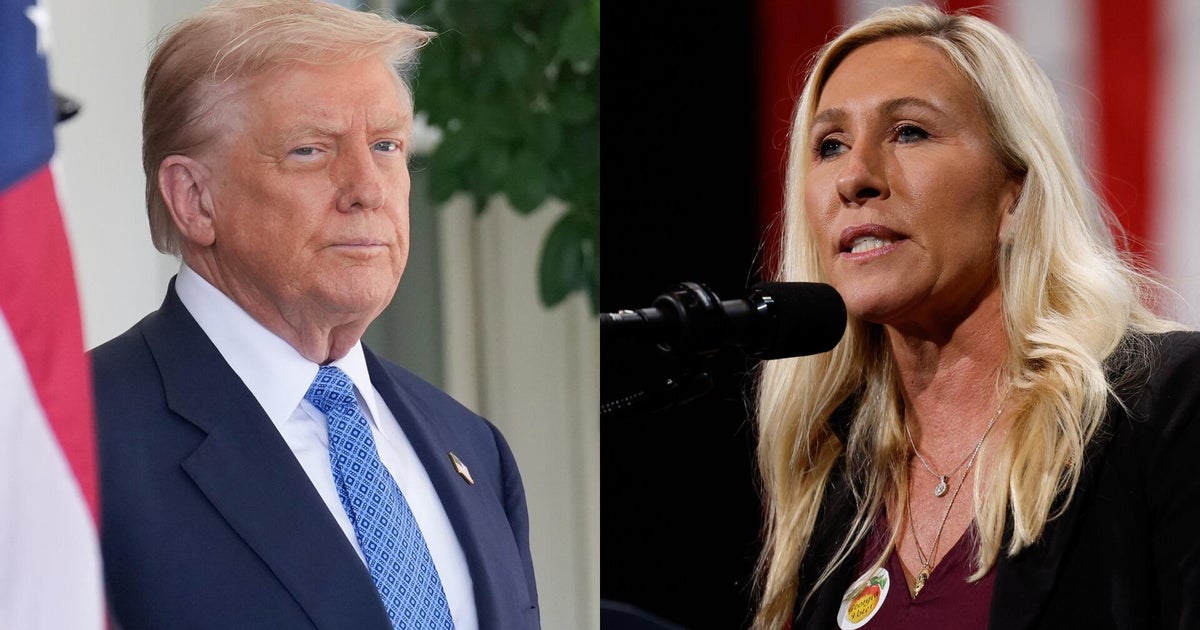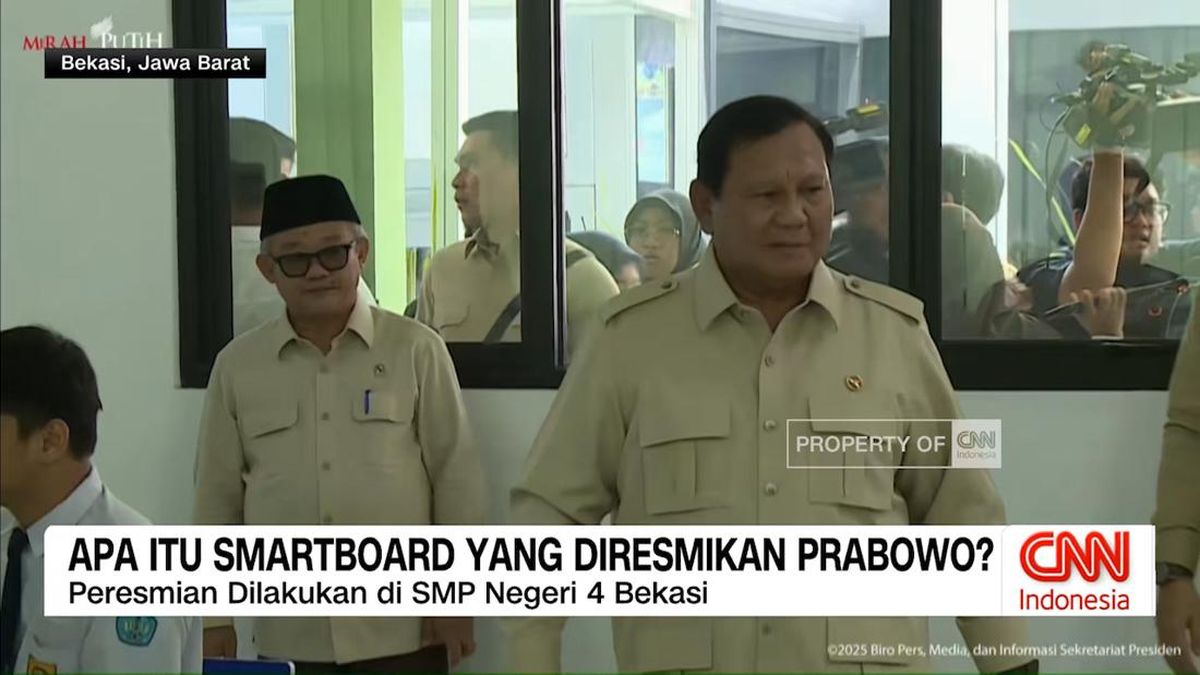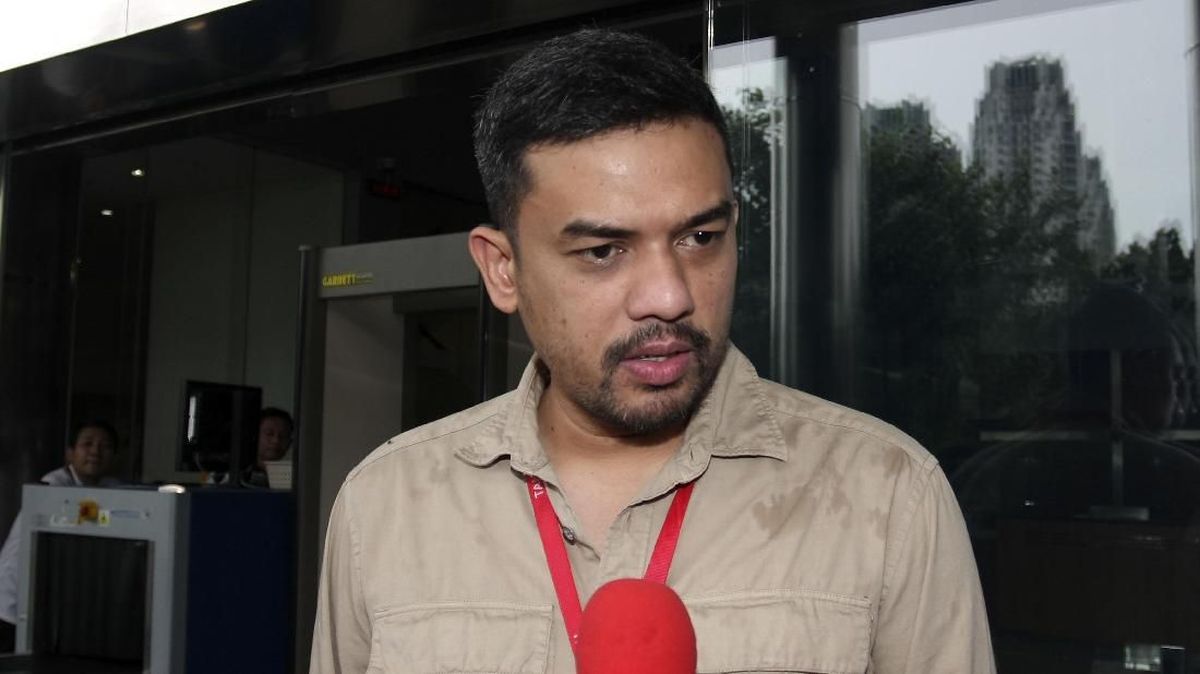The rise of “disaster chasers” and “carnappers” offering repairs and insurance claims handling after natural disasters and car accidents are leaving many Australians out of pocket, with insurers and experts describing the trend as opportunistic scamming.
Despite the risk to consumers, the behaviour remains legal. Claims management companies contact Australians – either after their vehicles are towed following an accident, door-knocking in areas affected by disasters such as hail or floods, or through targeted ads – promising to organise repairs and lodge claims on their behalf.
However, critics say that when victims authorise these third parties to act on their behalf, there’s no guarantee of repair quality or whether they’ll manage to recover any money from an insurer or at-fault party. It can lead to costly bills, including having to redo home repairs to satisfy insurers.

Insurers have sounded a warning over “disaster chasers”.Credit: Matt Willis
In motor accident cases, if insurers refuse the full amount sought by these intermediaries, they may pursue clients they were acting on behalf of for monies owed. This can mean clients have to pay back costs for temporary hire cars rented out to them well above market rates when their vehicle was being repaired.
These companies may legally hold on to a customer’s vehicle until they receive payment, known as “carnapping”.
Loading
IAG, which backs insurance brands including NRMA, CGU, WFI and Rollin’, said third-party claims managers are a headache for both insurers and consumers. Claims through this channel can cost insurers up to 180 per cent more to cover, which is ultimately passed onto its customers, who also have to wait longer for their repairs to be done, IAG said, citing research it commissioned.
IAG wants disaster chasing outlawed, and while it conceded it was difficult to quantify exactly how many claims were lodged by intermediaries, they have been rising steadily.
Claims involving credit hire companies, who provide replacement vehicles to not-at-fault drivers and seek to recover costs from the at-fault driver or their insurer, surged 400 per cent between 2019 and 2022 alone, the insurance giant said. If unsuccessful, the credit hire companies can go after the not-at-fault driver to recoup their cost.
Anthony McGrath, IAG’s executive manager of counter-fraud and intelligence, said claims management companies operate “in a grey area”, taking advantage of “vulnerable Australians who have just been through an often-traumatic experience”.
“They promise quick fixes or expedited, hassle-free claims, but in reality they can cause inflated costs, unclear communication, delays, and unnecessary stress,” McGrath said, urging anyone who thinks they could be dealing with one to contact their insurer immediately.
NRMA insurance customer Reg Mahoney is among a growing number of Australians to have unwittingly gone through a claim management company. After he was hit at high speed in a 2022 accident, Mahoney provided his contact and insurance details to a tow-truck driver who responded to the scene.
“Forty minutes later I was contacted by a person, purporting to be from my insurance company, who knew all my information,” he said.
“They caught me at a vulnerable time while I was in shock after the accident.”
McGrath said disaster chasers were similarly predatory when it came to home damage.
Loading
“These fake operators will typically arrive uninvited at storm-damaged homes and use high-pressure sales tactics to secure agreements for low-cost, immediate repairs,” he said. “They might claim to identify damage at your property, ask for payment up front, or even claim to be from your insurance company.” McGrath said builders or tradespeople sent by insurers will never ask for payment up front.
Alexandra Kelly, director of casework at the Financial Rights Legal Centre, said that while insurers could make their claims processes smoother to minimise the appeal for consumers in a third party taking care of a claim, she ultimately echoed the call from the IAG and other insurers for stronger laws against claims management companies’ practices.
While her centre traditionally advises in cases against insurance companies, “this is one of the strange areas where us advocates are more aligned with insurers”, she said.
“Consumers are lured into a complex contract that sets out exorbitant hire fees, told the at-fault party will be pursued for costs, but in the fine print, they can turn around and say you have to pay. It can be $200 a day for a hire car, it can lead to $10,000 bills,” Kelly said.
Disaster chasers are also known to attempt to get insurers to pay repair costs inflated well above their true value, as well as take percentage fees from claims payouts, Kelly said.
The Insurance Council of Australia has called for stronger regulation to shut down “predatory operators”, noting “mounting evidence reveals significant consumer harm”. “Their practices not only hurt individual customers but drive up insurance costs for all Australians,” a spokesperson said.
The Business Briefing newsletter delivers major stories, exclusive coverage and expert opinion. Sign up to get it every weekday morning.
Most Viewed in Business
Loading




